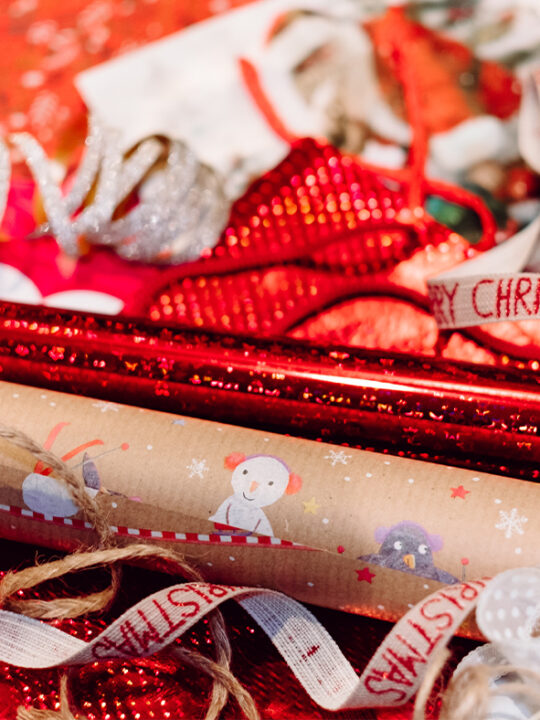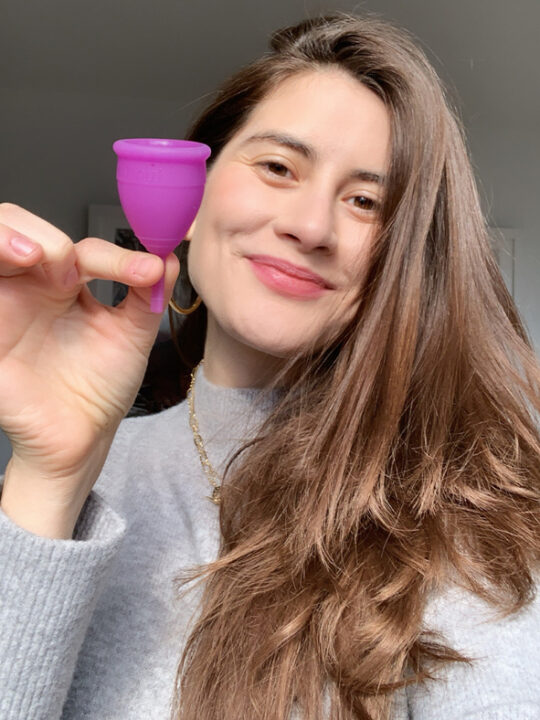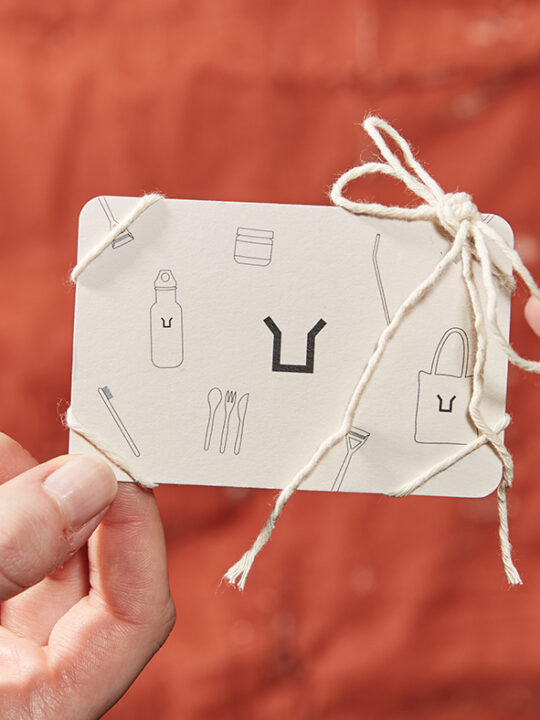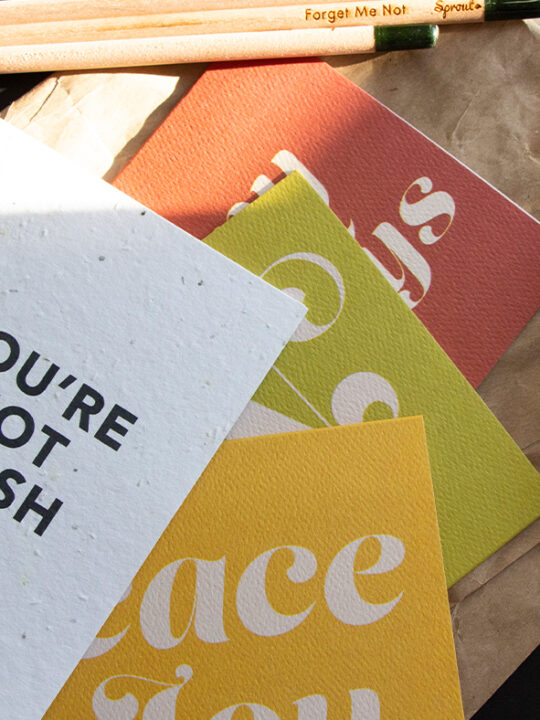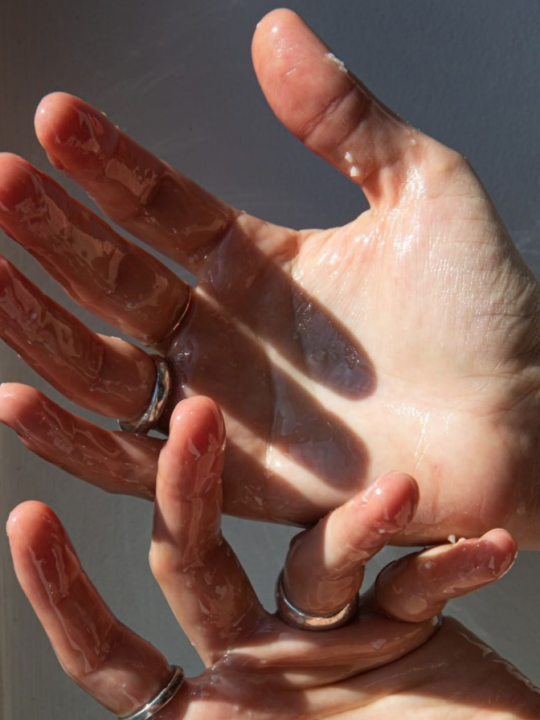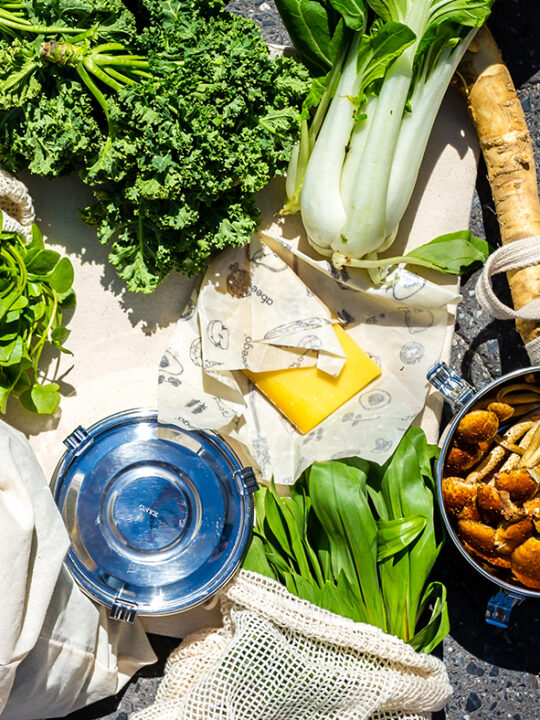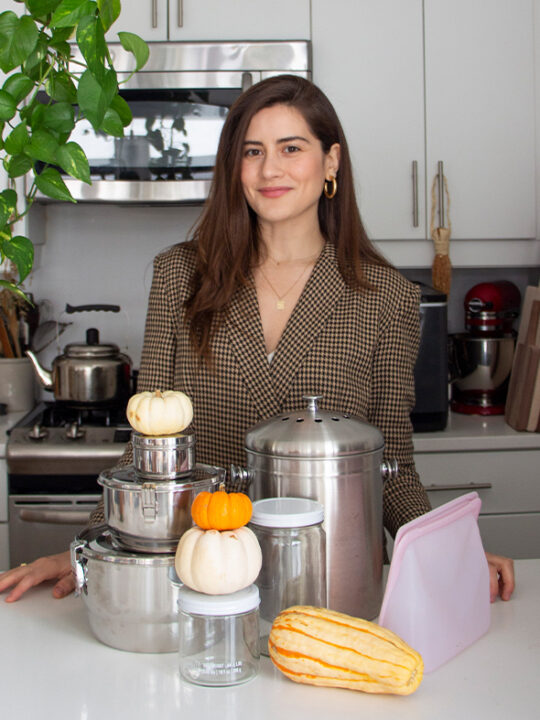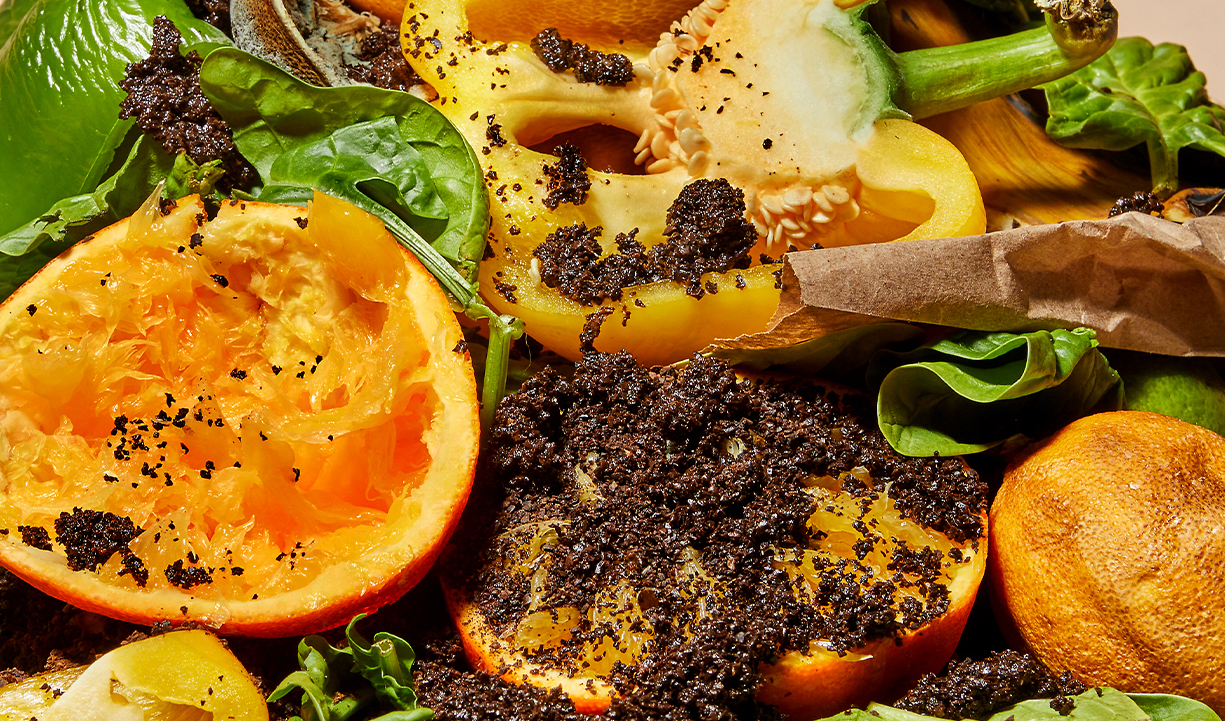 The average American wastes about one pound of food every day. Where does this waste come from? Mainly from parts of food items that aren’t typically eaten (think: potato peelings, avocado pits, and onion skins), and also from the over purchasing of groceries that go bad. Besides wasting money, food scraps can create a significant negative environmental impact.
The average American wastes about one pound of food every day. Where does this waste come from? Mainly from parts of food items that aren’t typically eaten (think: potato peelings, avocado pits, and onion skins), and also from the over purchasing of groceries that go bad. Besides wasting money, food scraps can create a significant negative environmental impact.
You might be thinking, why is throwing food away bad? Doesn’t it just biodegrade in a landfill? Not in the way that you might think. When food scraps are thrown away and end up in landfills, they get tightly packed under piles and piles of garbage, which squeezes all of the oxygen out of landfills. This causes food to break down anaerobically (aka without the presence of oxygen) and methane is created as a byproduct. Methane is a potent greenhouse gas (more potent than CO2 over a 100 year timeframe) that contributes to climate change in a major way.
So that raises the question: What can you do with food scraps to reduce methane and create a more positive environmental impact?
https://www.tift-admin.com/wp-content/uploads/2020/11/1.jpg
Make cooking stock.
Vegetable peelings, like onion and garlic skins, carrot shavings, celery leaves, turnip tops, and other veggie scraps, as well as any leftover bones, can be used to make cooking stock. Simply fill a pot with your food scraps, cover with water, toss in a few crushed cloves of garlic (leave the skins on!), and add spices of your choice, like peppercorns, bay leaves, rosemary, and thyme. Bring to a boil, then simmer for 25-30mins. After it’s done, strain the liquid and compost the scraps (Psst. If you’re using bones, be sure to backyard compost then, or check to see if your composting service accepts them as some do not!) The broth will stay fresh for about a week or so, or it can be frozen for up to three months!
https://www.tift-admin.com/wp-content/uploads/2020/11/2.jpg
Dogs can also be the Earth’s best friend.
Leftover potato peelings, vegetable ends, grains like rice, and leftover meat or fish can be chopped up and added into dog food. Just be sure to check with your veterinarian first to ensure if it safe for your four legged friend.
https://www.tift-admin.com/wp-content/uploads/2020/11/3.jpg
Make all natural cleaner.
Use leftover squeezed lemons and citrus peelings to make a natural, nontoxic cleaner. All you’ll need is water, distilled white vinegar, leftover citrus, and a
glass spray bottle. Fill the glass spray bottle with the leftover citrus, cover with vinegar, and let it sit for 2 weeks. Afterward, strain out the citrus and half of the vinegar. Fill the rest of the bottle (about 50/50 ratio) with water and voila! Extra bonus: Use rags, cut up old t-shirts, or reusable cleaning towels instead of paper towels!
https://www.tift-admin.com/wp-content/uploads/2020/11/4.jpg
Use “ugly” produce in smoothies.
Did you know that up to 1/3 of all food produced for human consumption is wasted each year due to cosmetic imperfections, like bruises and spots? This means 1.3 billion tons of perfectly good food is lost or tossed every year. Right before fruit and veggies are about to go bad
(think: mushy berries, bruised apples, overripe bananas, or leftover cauliflower that you have no idea what to do with), chop them up and store them in my freezer in either an airtight stainless steel container or a reusable silicone bag. Use them whenever you’re craving a smoothie next! You won’t be able to tell that your peach was bruised, trust me. Bonus: Have leftover herbs like mint and basil lying around? Toss those into the smoothie too for a nice, subtle flavor.
https://www.tift-admin.com/wp-content/uploads/2020/11/5.jpg
Store food properly.
By storing food properly, you can extend the life of your food and send less waste to landfill or to your compost bin.
Airtight stainless steel containers, reusable silicone bags, and mason jars are great for leftovers and for cut up produce. I also like to use the wax pencils from Package Free to label my stainless steel and glass containers so that I know what’s inside. For greens, wrapping them in a damp reusable towel and storing them in a stainless steel container is a great way to keep them fresh. And check out this article for my secret to keeping carrots and celery nice and crunchy!
https://www.tift-admin.com/wp-content/uploads/2020/11/6.jpg
Hang leftover herbs to dry.
Check out
this article to see how to dry leftover herbs and 5 ways to use them!
https://www.tift-admin.com/wp-content/uploads/2020/11/7.jpg
Make a coffee scrub with leftover grounds.
What if I told you that your coffee addiction could help your beauty routine? Two words: Coffee scrub. It’s so simple, reduces common kitchen waste, and
keeps your skin silky smooth. Check out the recipe!
https://www.tift-admin.com/wp-content/uploads/2020/11/8.jpg
Get creative in the kitchen!
Check out this article for
some creative ways to revamp your kitchen waste. Have leftover dried quinoa, fresh herbs, and fruit lying around? Try this amazing quinoa muffin recipe! And if you’re wondering what to do overripe bananas, check out this Zero Waste dog treat recipe!
https://www.tift-admin.com/wp-content/uploads/2020/11/9.jpg
Naturally dye using leftover food scraps, herbs, and foraged flowers!
Reduce food waste AND upcycle an item that you’re no longer in love with by naturally dyeing it with onion skins, leftover herbs, spices, and foraged flowers.
See how to do it here!
https://www.tift-admin.com/wp-content/uploads/2020/11/10.jpg
Compost.
If you’re not able to reuse food scraps, composting is a great option.
It is one of my top suggestions to have a more positive impact on the planet. Not only does it divert an incredible amount of food waste from landfills, but it also drastically reduces methane emissions. If you’re curious how to compost at home, check out this article, and this compost bin from Package Free!
4760608931937
12703727636
4529123557473
3998283989089
2029033291873
11442917012
1408176062533
1293957726277
1555853639749
1555853869125
1833363308613
1328819994693
 The average American wastes about one pound of food every day. Where does this waste come from? Mainly from parts of food items that aren’t typically eaten (think: potato peelings, avocado pits, and onion skins), and also from the over purchasing of groceries that go bad. Besides wasting money, food scraps can create a significant negative environmental impact.
The average American wastes about one pound of food every day. Where does this waste come from? Mainly from parts of food items that aren’t typically eaten (think: potato peelings, avocado pits, and onion skins), and also from the over purchasing of groceries that go bad. Besides wasting money, food scraps can create a significant negative environmental impact. 